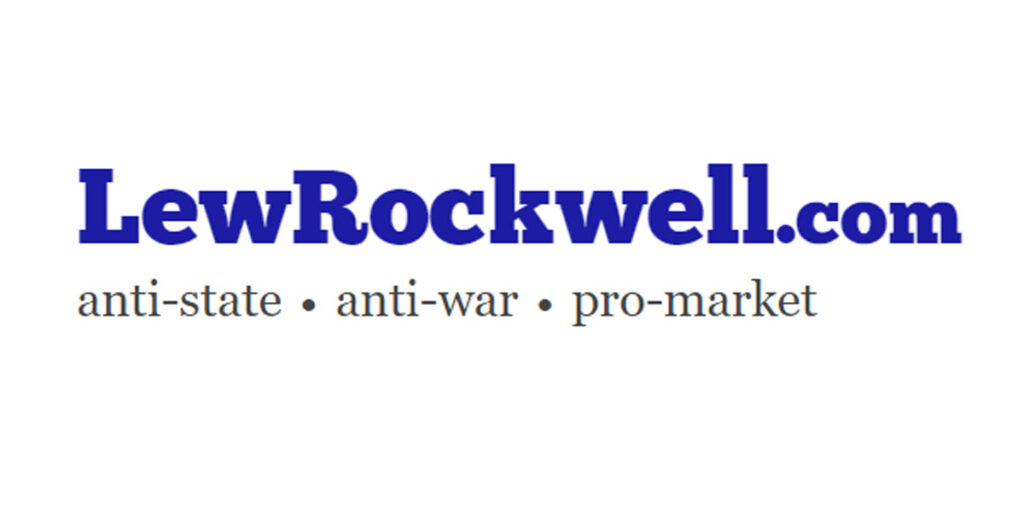In today’s political climate, the looming presidential election between Donald Trump and Kamala Harris has obscured the ongoing erosion of liberties by the U.S. government. The Deep State’s agenda appears to be working, fostering division and a complacent citizenry that fails to recognize the threats facing their freedoms. As Americans become increasingly engrossed in the theatrics of their political leaders, they overlook critical issues like the government’s manipulation of free speech, the militarization of law enforcement, and the potential use of martial law. Daniel Mencken’s assertion that an independent thinker poses a significant threat to any government rings particularly true in this context, as enlightened discourse is being throttled.
The dissonant relationship between rhetoric and action regarding free speech is profound. Both Trump and Harris exhibit a selective reverence for the First Amendment, often wielding it as a weapon against their ideological foes while silencing dissent. Harris’s policing of “hate” speech and Trump’s calls to suppress “radical left lunatics” signal a troubling trend where free speech is reserved for agreeable perspectives. This hypocrisy raises alarms as it echoes a broader pattern: the normalization of military actions against domestic dissent—actions that many Americans are failing to contest even as they unfold.
The military’s potential involvement in domestic affairs transcends mere rhetoric. With the Department of Defense’s re-issuance of Directive 5240.01 enabling military support for law enforcement in anticipated confrontations, the specter of martial law becomes increasingly tangible. Historically, Congress acted to safeguard against military policing through the Posse Comitatus Act of 1878, yet the current trajectory toward militarization obliterates these hard-won safeguards. As police departments mimic military tactics, the nation faces a fundamental transformation from a constitutional republic into a military-dominated state, a shift that many Americans seemingly accept without protest.
Recent years have unveiled a strategy for chaos, characterized by government-induced destabilization culminating in calls for martial law. The proliferation of domestic terrorism narratives, civil unrest fueled by political rhetoric, police brutality, and economic disenfranchisement all serve the Deep State’s objectives. The alarming forecast of societal breakdown by 2030 outlined in a Pentagon training video underscores the urgency with which the military anticipates future unrest. This video reflects a warped view of society where civilians are categorized as adversaries—a mindset dangerous for the preservation of civil liberties and democracy.
The envisioned future for American society is one where the elite are protected from the marginalized, categorizing dissenters as “noncombatants” or threats to stability. The government’s surveillance state, with its elaborate systems to track and monitor citizens, facilitates a gradual acceptance of what can only be described as a police state. Rather than confronting authoritarianism head-on, the populace is conditioned to accept militarization and government encroachment as necessary measures for safety—reinforcing a cycle of control that stifles dissent while exacerbating societal divides.
Lastly, the government’s narrative of protecting citizens belies a harsher reality: it is simultaneously orchestrating circumstances that necessitate its control. National security threats—real or manufactured—are exploited to infringe upon civil liberties under the pretense of protection. The historical patterns of labeling dissent as domestic extremism ultimately position the citizenry as enemies of the state. Recognizing that the entrenched bureaucratic structure, or the “Deep State,” operates independently of the elected officials, it is imperative that citizens awaken to the realities of their situation—if they don’t, history may judge them complicit in their own subjugation. The call to action is clear: it is time to reject complacency and challenge the status quo that seeks to reduce “we the people” to adversaries.

